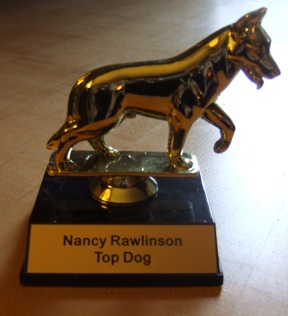February Workshop and Other News
Monday, December 7th, 2009Boring post title, but exciting news: I sent out an email this morning about my February workshop and had a flood of emails — gratifying! As of 3.20 p.m., four people lined up already and some others who have expressed an interest in the remaining two spots. Yehaw!
And this seems like a good opportunity to include the other publishing news I sent out in the newsletter.
The first item was regarding the publication of Elyssa East’s fabulous book, Dogtown: Death and Enchantment in a New England Ghost Town. Elyssa’s book is a true crime story, combined with the history of an abandoned colonial settlement and expanse of wilderness close to Gloucester, Mass. In a signature review for Publisher’s Weekly, Joyce Carol Oates called the book “…fascinating, richly detailed and remarkably evocative.”
I was lucky enough to get a sneak preview of the book when I read it and offered some feedback, pre-publication. It’s a real page turner, and takes the reader deep into a mysterious, intriguing historical world. At Elyssa’s launch party, at Word, in Greenpoint, Brooklyn, on December 1, I was awarded “Top Dog” honors (along with some other people who had helped Elyssa’s book along the way, including her agent Brettne Bloom and her fiancé, Yulun Wang, one half of Pi Recordings). Pic of the award below — ain’t it pretty?

I also announced — not that she needed me to, considering the great reviews and exposure the book has received — Jessica DuLong’s debut book, My River Chronicles: Rediscovering America On the Hudson, an account of Jessica’s transition from the dot-com world to engineer of the John J. Harvey, a classic fireboat. Jessica’s compelling story is interwoven with fascinating, narrative-driven industrial history, made personal by her deep investment in the preservation of the Hudson river.
Jessica was a member of one of my first ever workshops, back when I was teaching though the Sackett Street Writers’ Workshops. She was honing her sample chapters then, subsequently found an agent and sold the book, and is now busy promoting and reading and being fabulous!
I love hearing about the publishing success of friends, clients, and students. If you have some to share with me, I hope you’ll be in touch.
